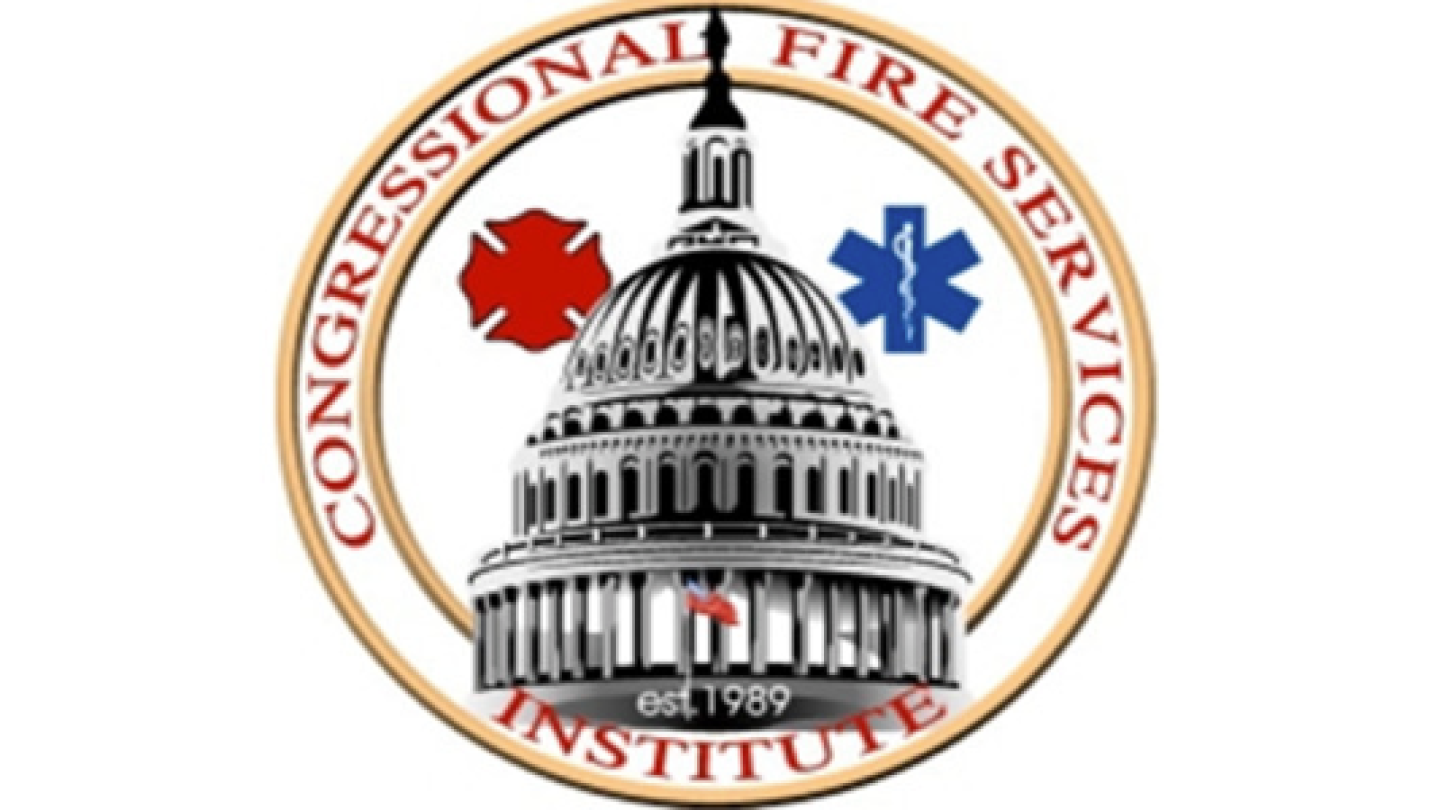Research into Firefighter Behavior & Beliefs
The FireRescue1 Research Center serves as a central access point for critical fire service research that can help drive tactical and policy changes at the local, state and federal level. Get insights into firefighter behavior and beliefs and participate in – or just review – FireRescue1 polls and surveys.
The survey measures organizational safety culture
A detailed look at what we know about female firefighters’ on-the-job experiences and health impacts
Science to the Station has created an environment where change-makers can converge to support each other – and the greater fire service
Researchers measured the impact several CPR feedback or prompt devices had on chest compression depth, rate and recoil, and hand position
Measuring the scope of the firefighter suicide problem has always been tough, these studies add data and a prevention model
The drug MDMA has shown early promise in heading off PTSD, but a lot of research is still needed to learn if it is safe and effective
Examining a broad swath of line-of-duty deaths and injuries shows common mistakes that can keep others safe
Knowing your fire department’s stats can improve operations and firefighter safety, making you an all-star in protecting life and property
Since first responders have been using continuous compressions, the five-year survival rate has been 46 percent; the national average is 30 percent
Here are eight steps to making “one for all and all for one” improvements to firefighter health and safety
Researchers are testing lightweight steel construction for its ability to withstand strong earthquakes and post-earthquake fires
NFPA’s 2015 report examines the cause of deaths and their historical trends
Researchers develop hands-free thermal camera to help firefighters spot trapped individuals and potential dangers
The updated alarms yield lower heart rates and can prevent cardiac arrest in firefighters
Similar to injuries seen in skiers, firefighter footwear has caused back, knee and hip injuries
The study aims to explore correlations between several factors and firefighter health
A big victory in the presumptive legislation battle turn the tide in the campaign to rid firefighting of cancer
Health care accreditation and safety organizations have cited alarm fatigue as a top patient safety risk
Funding and the unseen groundwork lead the barriers to faster firefighter cancer research and results
On average, a child was hospitalized every day for some injury involving a laundry pod
The drone technology could help clear overgrown vegetation in rugged, hard-to-reach terrain
The spring 2016 issue focuses on research, laws and the link between firefighting and cancer
New technology could improve civilian safety as much as the first battery-operated smoke alarms did 40 years ago
The departments are using the drones for hazmat incidents, multi-vehicle crashes and water and remote-area rescues
Meta-analysis of the available research looks at primary and secondary patient outcomes of applying mechanical CPR compression devices following out-of-hospital cardiac arrest
Researchers investigated the impact of different tactics, firefighting location and measures such as skin cleaning and gross on-scene decon
Subjects followed the robot even after it had proven itself unreliable; researchers said the robot became an “authority figure” trusted during pressures of an emergency
Officials said the research agenda is key to reducing firefighter injuries and fatalities in the future
It is more important to know firefighters’ physical abilities each year than at the beginning of their careers
The challenge of testing how clean turnout gear is without destroying it is a big one; two techniques show some early promise
We’ve built a solid body of evidence on firefighter health and well being for the white male majority group, yet have little data on others
FEMA gave the University of Arizona $1.5 million to learn the relationship between cancer and the chemicals firefighters are exposed to
Responsible for about one in five of the 829 firefighter fatalities in the past decade, fire truck crashes are more deadly than fighting a fire
MOST POPULAR
- Li-ion battery fires: Barowy and Goldfeder tackle the ‘spaghetti’ of tactical considerations
- The evolution of incident command: How technology transforms emergency response
- What’s at the top of your department’s shopping list?
- What are you training on today?
- What if ‘Ecstasy’ could cure firefighter PTSD?




























